Recently, Russia has raised interest rates against the market trend, with the benchmark interest rate reaching as high as 19%, which is much higher than the 5.5% interest rate of the US dollar.
Are they not afraid that their economy will be hit?
Is it really true that the more war is fought, the richer one becomes?
The official Russian statement also claims that the economy is overheating, which is quite incredible.
With war and tens of thousands of sanctions from the West, shouldn't the Russian economy have collapsed long ago?
In fact, it has not, but it has been transformed.
On September 13, the Central Bank of Russia announced an increase of 100 basis points, raising the benchmark interest rate to 19.00%, while the market expected 18.00%.
The Central Bank of Russia also attributed the rate hike to inflationary pressures.
What is the current inflation rate?
Data shows that Russia's CPI inflation rate in August was 9.1%, and the CPI has risen by 5.35% since 2024.
The Central Bank of Russia predicts that the inflation rate at the end of the year may exceed the expected range of 6.5%-7%, which is indeed not low.
Well, inflation is indeed a good reason for raising interest rates, and the Federal Reserve has also cited the same reason.
However, some experts believe that despite the Central Bank of Russia raising interest rates multiple times, with the benchmark rate already at a terrifying 19%, the heat of social financing remains unabated.
This situation has greatly stimulated consumer demand and led to a further increase in the level of inflation.
In other words, this is the most obvious case of an overheated economy.
While fighting at the front, the people of Russia are enjoying peace and prosperity, making money and consuming with enthusiasm.
It's strange, why hasn't the Russian economy collapsed yet?
The West said it would weaken Russia, but Russia seems to be getting stronger?
It's very strange that Russia is fighting a war with Ukraine, and the West has imposed the toughest sanctions in history, but Russia's economy should have collapsed long ago.
If Russia's economy were very poor or collapsed, it should lower interest rates, just like Europe recently did to save the economy.
However, it's strange that Europe, which only provides aid and does not participate in the war, is on the verge of economic collapse, while Russia's economy is getting hotter and hotter.
What is the reason for this?
Could it be that war drives economic growth?
The data indeed suggests so.
After the outbreak of the Russia-Ukraine conflict, Russia faced unprecedented sanctions from Western countries, but its economy has remained resilient.
In 2023, Russia's actual GDP growth rate reached 3.6%.
In the first quarter of 2024, Russia's GDP grew by 5.4% year-on-year, and in the second quarter, GDP grew by 4.4%, with a higher growth rate than last year, and the unemployment rate is as low as an astonishing 2.4%.
After more than two years of war, Russia's economic growth rate is getting faster, and it has reached an ideal state where almost everyone has a job.
What is the reason for this?
As we mentioned earlier, some experts pointed out that "the heat of social financing remains unabated," and war has driven a large amount of investment demand.
Russia's economy is benefiting from the war, which is a fact.
It seems that the Russian people, known as a fighting nation, are not called in vain; they are more excited the more they fight, and even with such high interest rates, they are actively borrowing money to invest and make a fortune from the war.
At the Central Bank of Russia's interest rate meeting in July this year, the head of the Central Bank, Elvira Nabiullina, admitted that Russia is in a war-driven economic model, but she also warned that this model seems to be reaching its limit and there is a risk of stagflation.
These facts all indicate that the Russian economy is clearly driven by war and has been transformed.
This economic model will require a lot of effort to transform after the war, in other words, it will come at a cost.
However, war can stimulate economic potential and accelerate breakthroughs, which has been proven by Japan and South Korea in the 1950s.
Some say that this shows that the side that has an advantage in the war will benefit economically from the war.
But as a passive side in the war, Ukraine's GDP growth in 2023 was 5.3%.
According to the International Monetary Fund's forecast, Ukraine's economic growth in 2024 will slow down, but it will still reach 5.2%.
Ukraine has been occupied by a large area of territory, which is said to be industrial areas, and so many people have gone to the battlefield, even died, and many people have fled abroad, yet the economy is still growing.
Is this a miracle?
If we look at Ukraine's economy in 2022, it immediately becomes bad, with the GDP dropping by as much as 29.1% that year.
So in 2023 and 2024, it is not so much growing as it is a slow recovery from the war trauma of 2022.
In comparison, Russia's GDP also declined in 2022, but only by 2.1%.
In this way, we can draw two conclusions.
First, the initial stage of the war has a certain destructive effect on both economies, but as time goes on and enters a standoff phase, the economy will gradually recover.
Second, the side that has an advantage in the war and whose territory has not been occupied recovers faster and even benefits more and more from the war.
On the contrary, the country that is at a disadvantage or whose territory has been occupied recovers more difficultly and slowly.
Is this the so-called war economics?
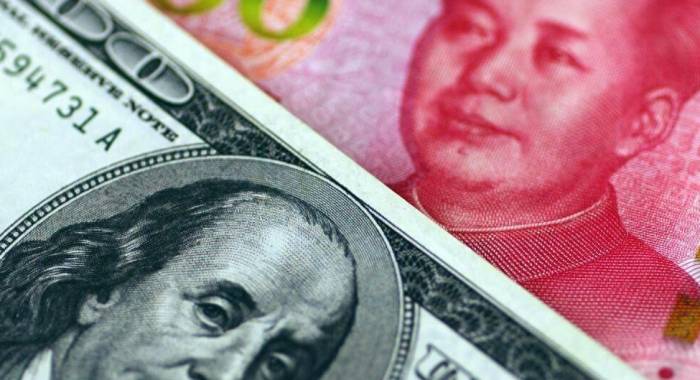
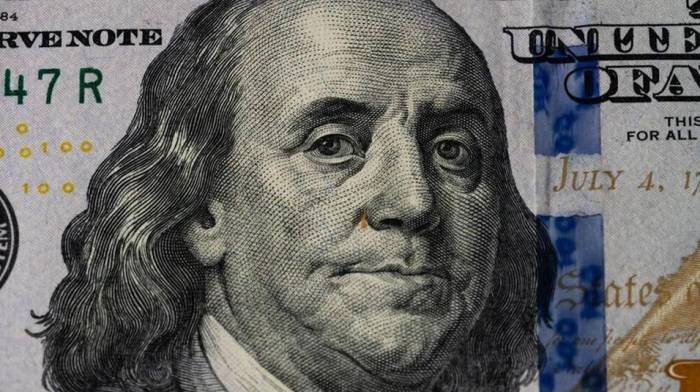
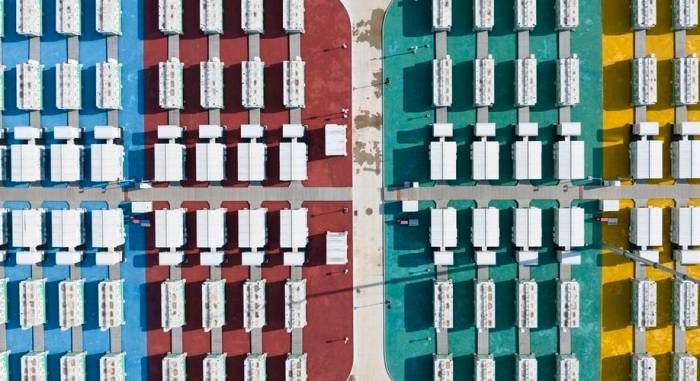
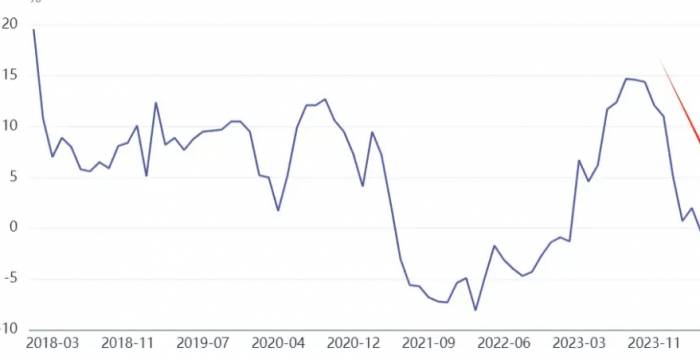
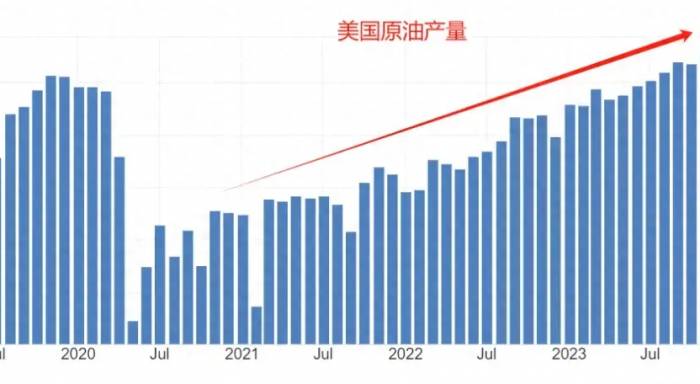
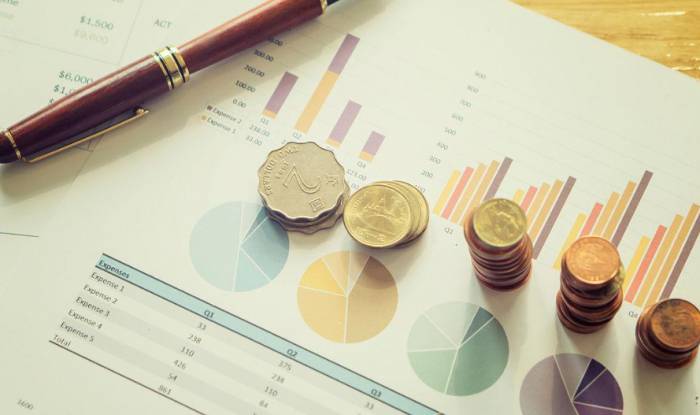
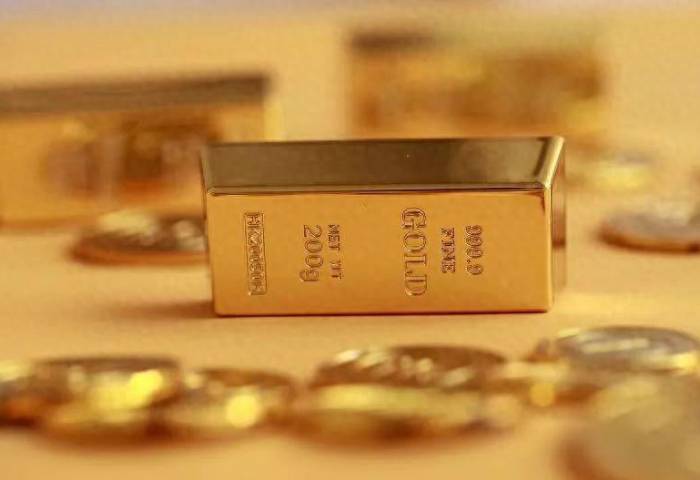
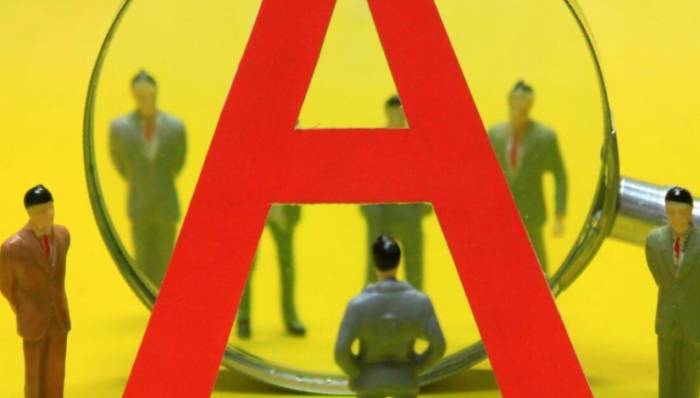

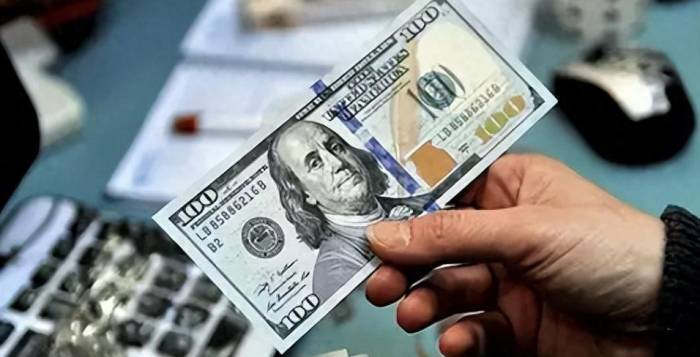
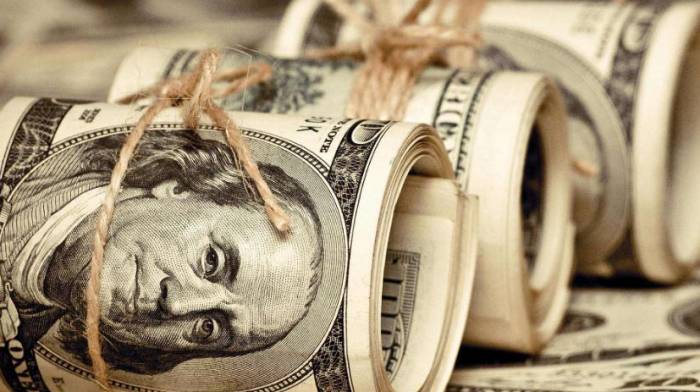
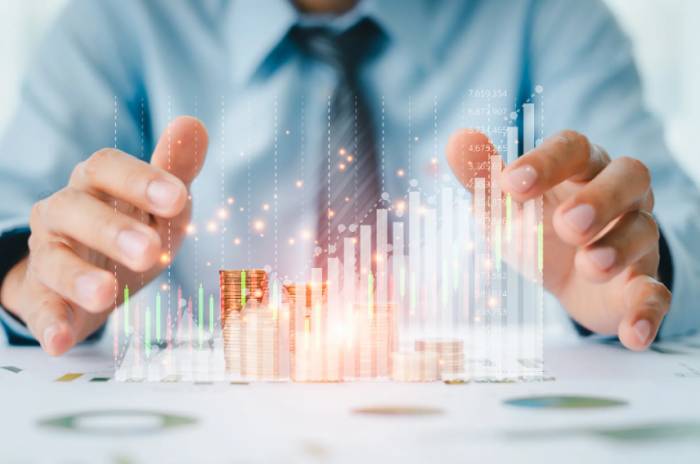
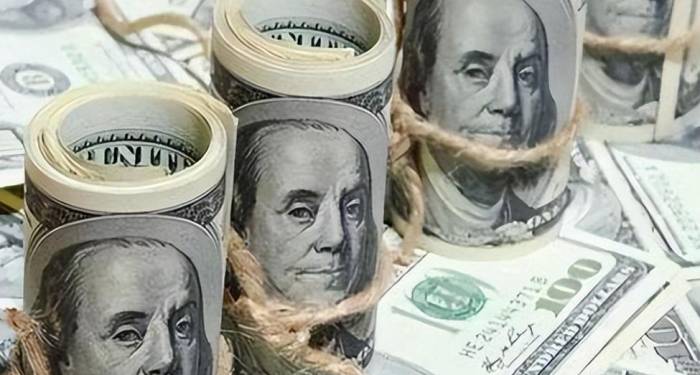
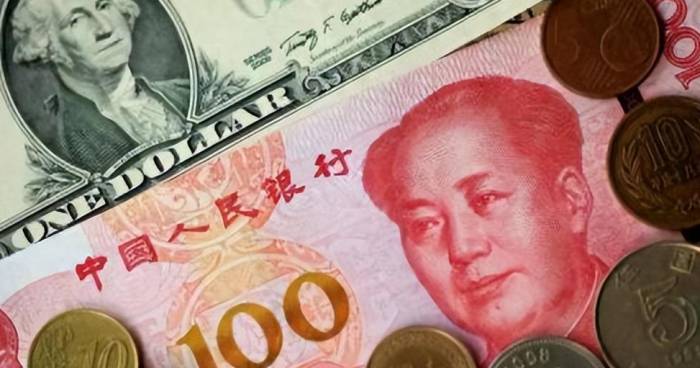

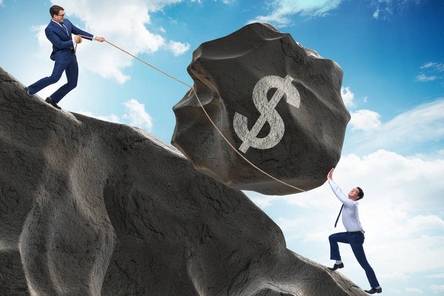
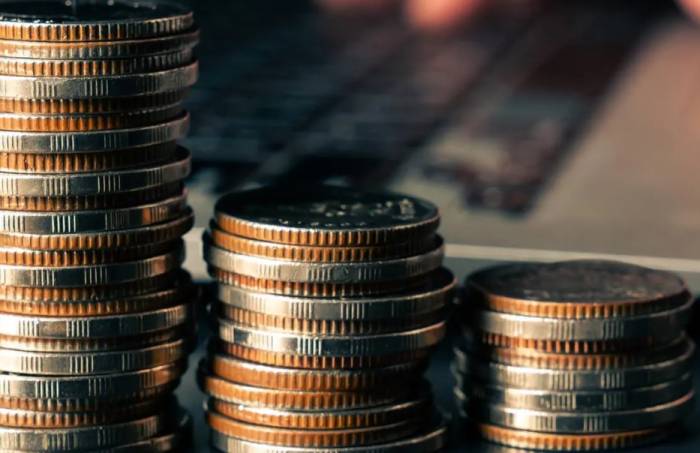


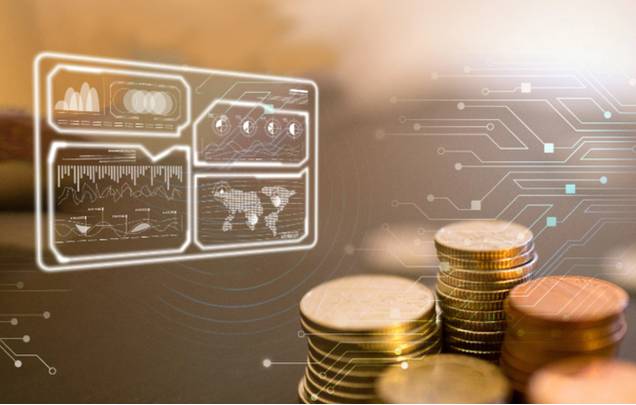
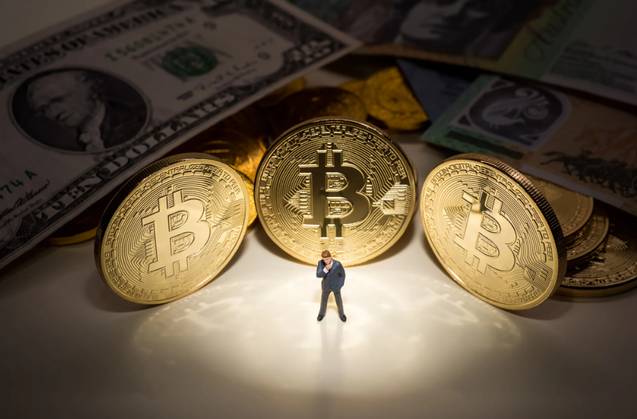
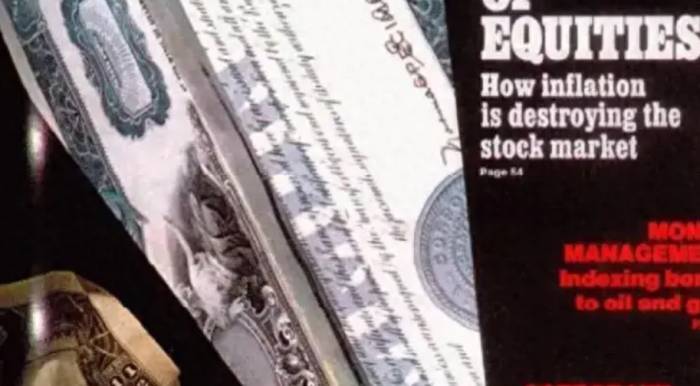
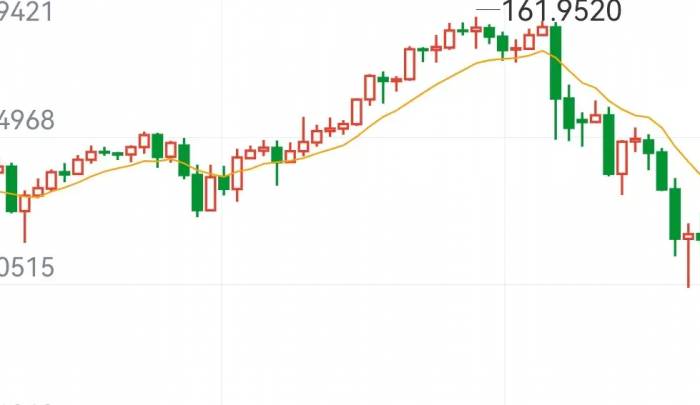
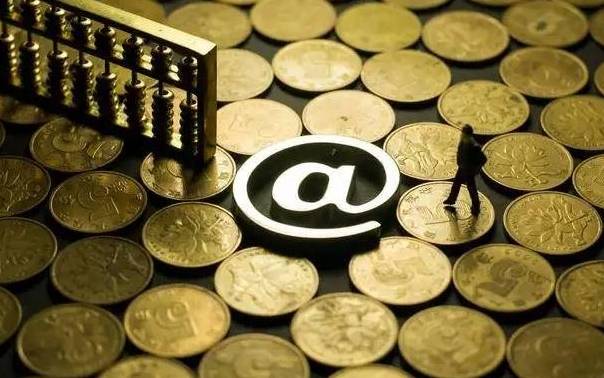
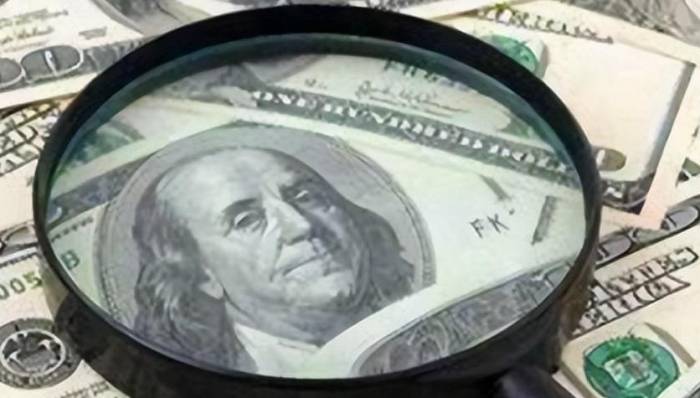
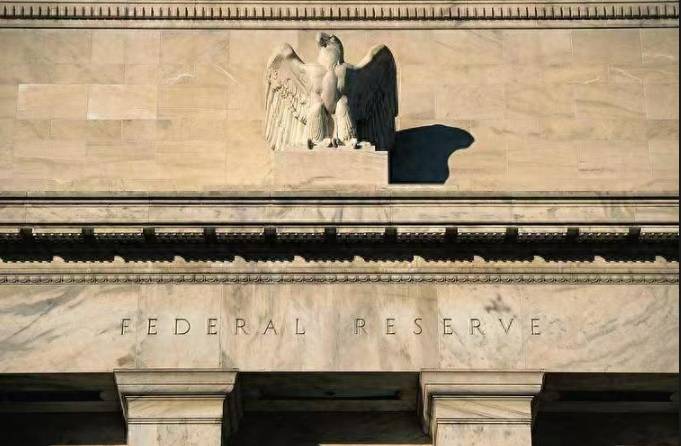
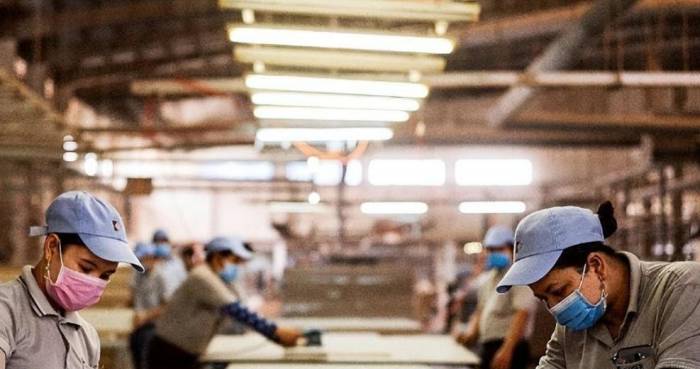
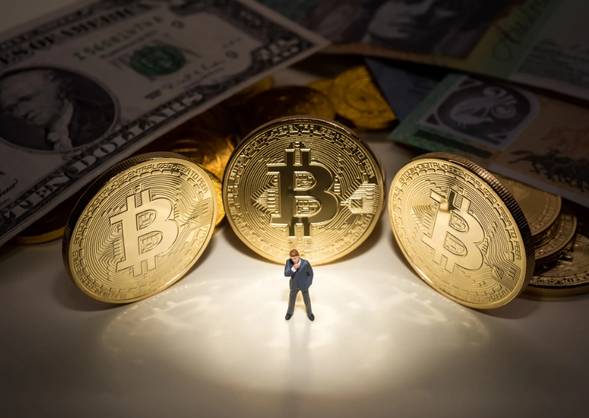
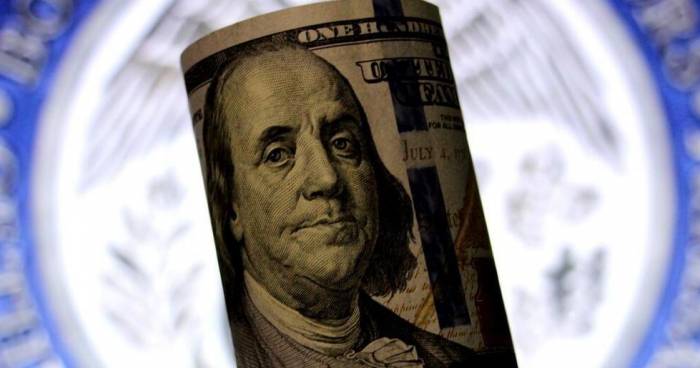
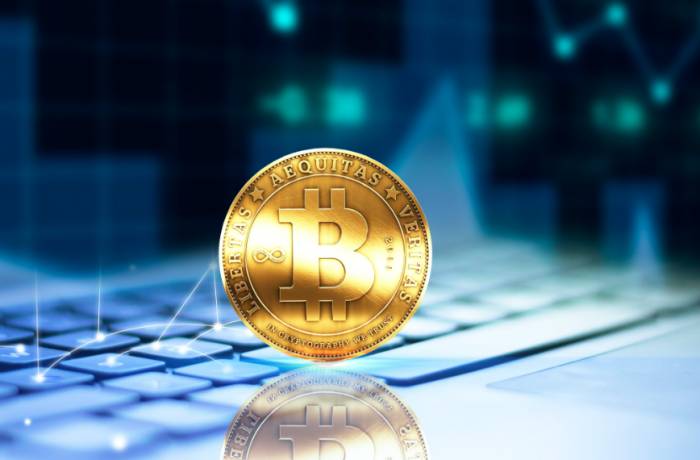
Leave a Comment